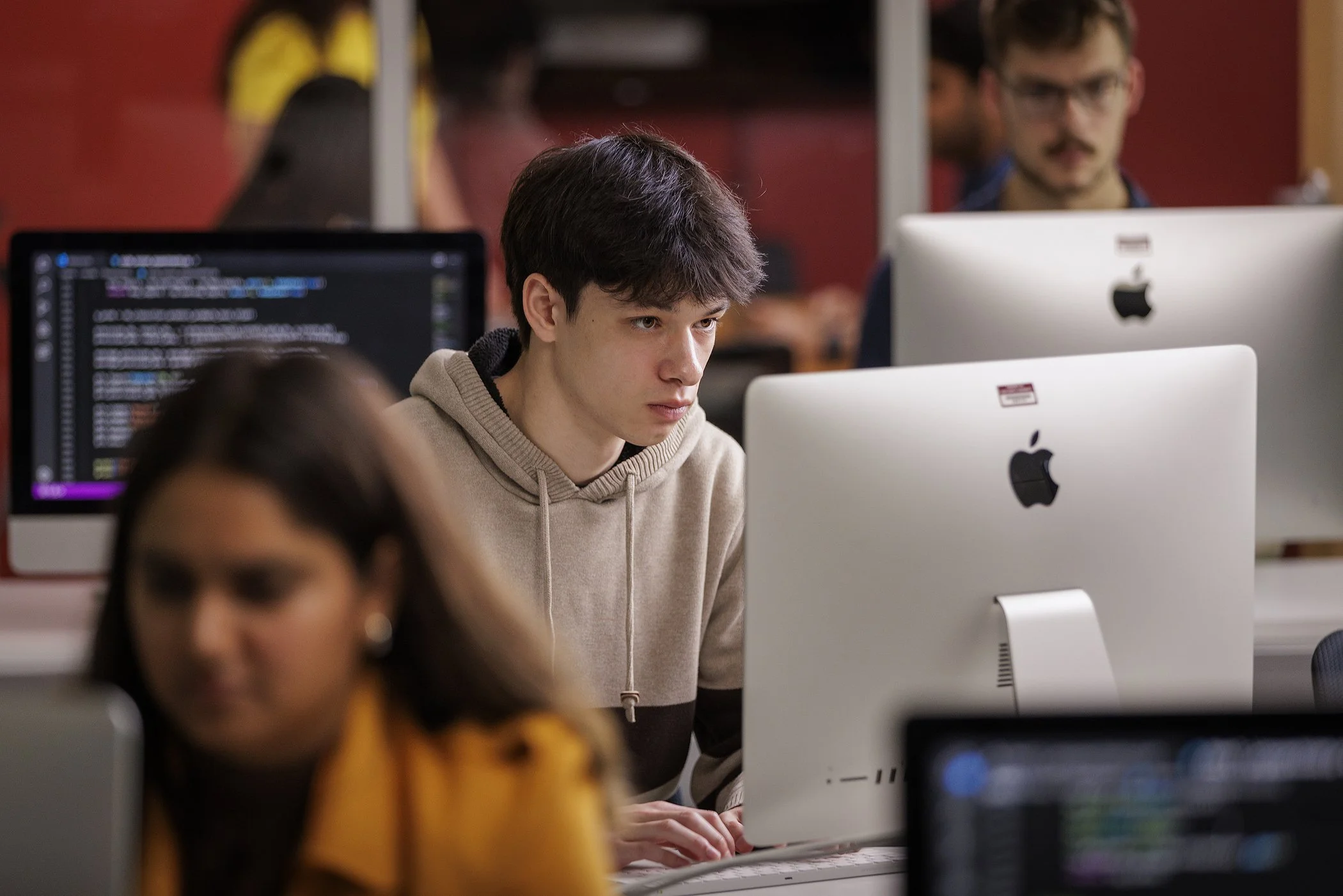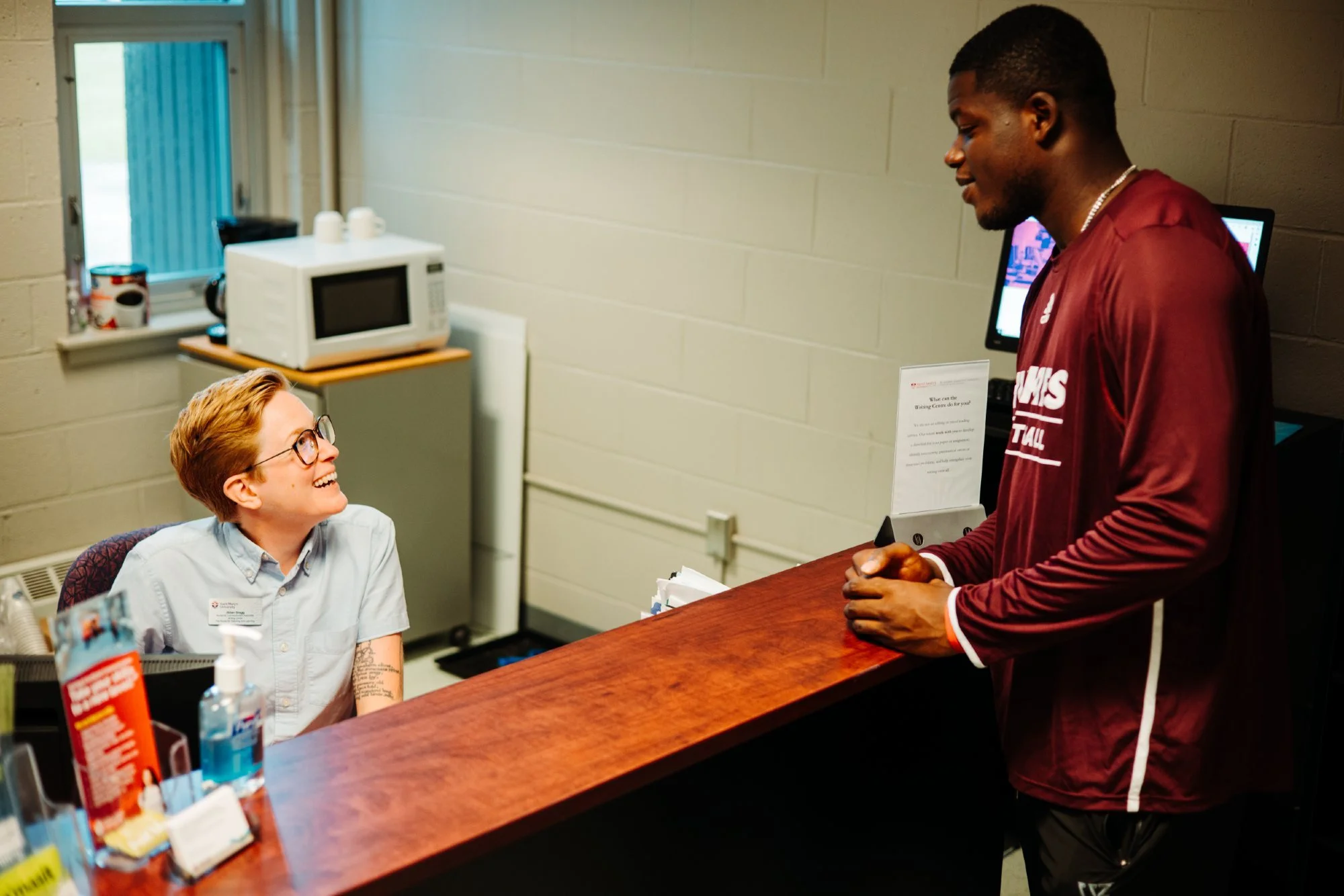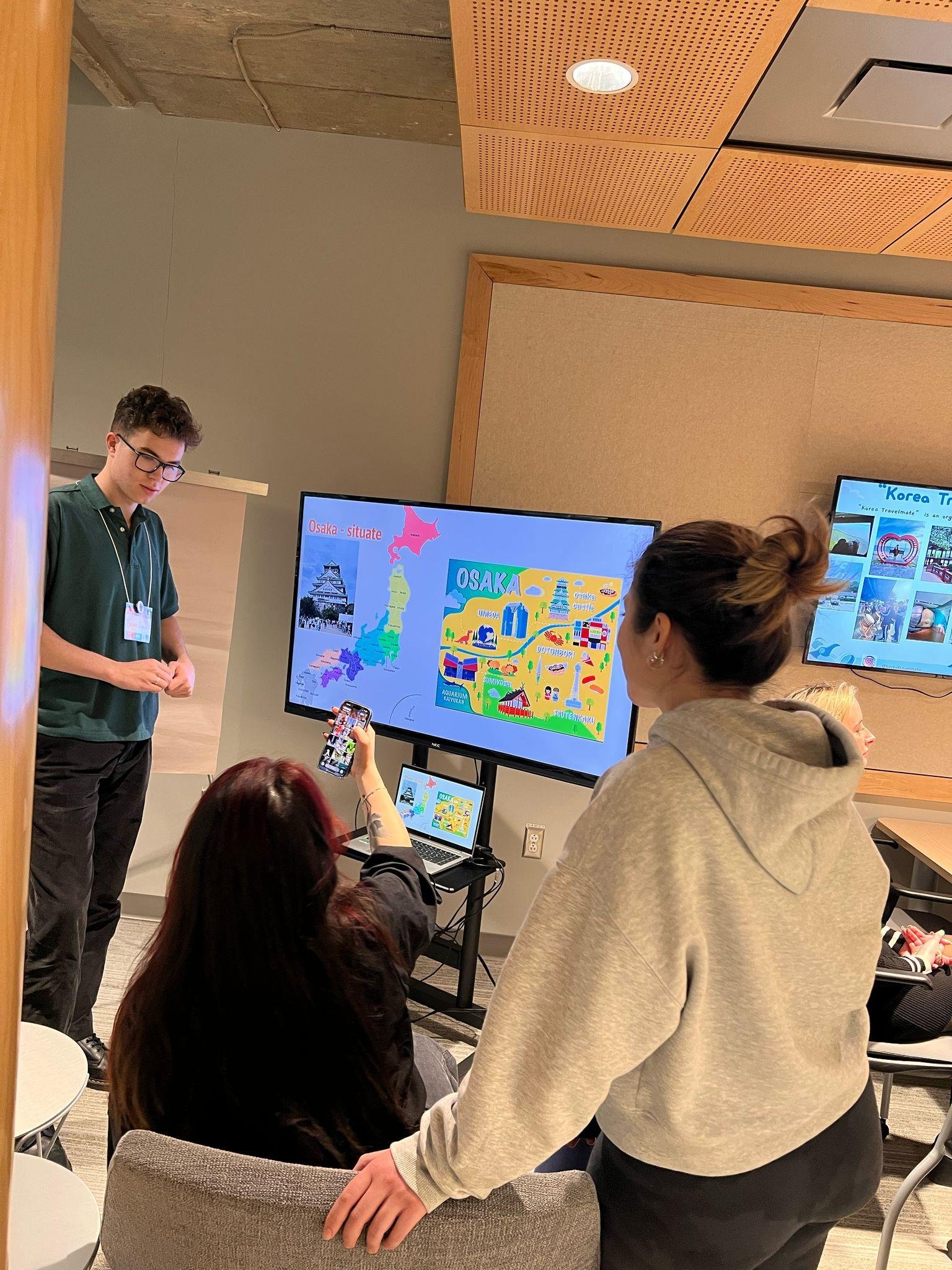The Studio for Teaching and Learning is pleased to present a three-part webinar series presented by Paul Maher, Educational Developer, for Digital Learning. These interactive sessions will be an opportunity for faculty to share experiences, insights and challenges.
If you have any questions, please contact Paul at Paul.Maher@smu.ca.
Designing Assessment to Drive Learner Engagement
Presented by Paul Maher
Thursday, August 19 | 1:00 to 2:00 PM
Assessments in your course and the way they are structured have a significant impact on student’s learning experience. Assessments guide learners on what to study and frame what they ultimately learn within the course. A well-designed assessment can be a means by which to motivate and engage students on coursework. This session will review a range of different strategies along with key considerations of setting up assessments within remote and hybrid contexts. Included in the topics covered are the following:
• Engagement, motivation & value
• Authentic & alternative assessment
• low-stakes & cumulative assessment
• Gamification & interaction
• Active learning
This session will feature an active component and also provide an opportunity for participants to share experiences, insights and challenges. If format or timing does not suit, consider instead a one-on-one consultation with Paul Maher.
Join Zoom Meeting
https://smu-ca.zoom.us/j/95617880073?pwd=TDJwbzFlYzk0VXBrczZHSHZhOGJadz09
Meeting ID: 956 1788 0073
Passcode: 988890
Planning Asynchronous Content to Support Engaged Learning
Presented by Paul Maher
Monday, August 23, 2021. | 1:00pm to 2:00pm
Asynchronous course delivery affords a degree of flexibility on when and for how long students can engage with course materials to support their learning. Asynchronous discussions have the potential to engage students in discourse over time, allow everyone to participate equally and take time to consider their contribution. Therefore, well planned asynchronous activity has the potential to support accessibility and inclusion within your course. The flexibility which asynchronous content provides your students can also present challenges for their engagement and learning. When working to their own schedule learners miss the steady pace of synchronous activity and may disengage, fall behind or feel less connected to their peers.
This webinar will focus on key strategies by which to optimize and structure asynchronous activity to support rich, engaging and active learning. Included in the topics covered are the following:
• Key lessons from learning science
• Planning and sequencing activity
• Supporting learning through transparency and accountability
• Assessment and feedback
This session will feature an active component and provide an opportunity for participants to share experiences, insights and challenges. If format or timing does not suit, consider instead a one-on-one consultation with Paul Maher.
Join Zoom Meeting
https://smu-ca.zoom.us/j/94283538434?pwd=SmZDc1NGYm5nUkNGUWJBeVVsL3c3Zz09
Meeting ID: 942 8353 8434
Passcode: 361043
Facilitating Synchronous sessions
Presented by Paul Maher
Thursday, August 26 | 11:00am to 12:00pm
Synchronous sessions involve connecting in real-time with your students. A high degree of immediacy affords opportunity to provide feedback or clarification to students in real-time. The scheduling of synchronous classes and meetings can provide a steady pace throughout your course and help maintain learner engagement. Alongside these benefits some potential downsides and challenges come with virtual classes and meetings. Facilitating these sessions is a challenge especially ensuring equitable participation across all learners, particularly for those vulnerable to technology issues.
Synchronous sessions can also be a taxing experience for faculty and students alike. Using digital platforms relies on core executive functions which then reduces participants ability to perform higher order executive functions during a virtual session. This webinar will explore various approaches to plan and deliver active and engaging activities within your synchronous class sessions for remote and hybrid delivery. Included in the topics covered are the following:
▪ Active learning
▪ Backchannel
▪ Hybrid and blended delivery
Each session will feature an active component and provide an opportunity for participants to share experiences, insights and challenges. If format or timing does not suit, consider instead a one-on-one consultation with Paul Maher.
Join Zoom Meeting
https://smu-ca.zoom.us/j/91437716059?pwd=aVlzQjNjOVN5ZFBYMGRGUHgvUUw0Zz09
Meeting ID: 914 3771 6059
Passcode: 145745


















